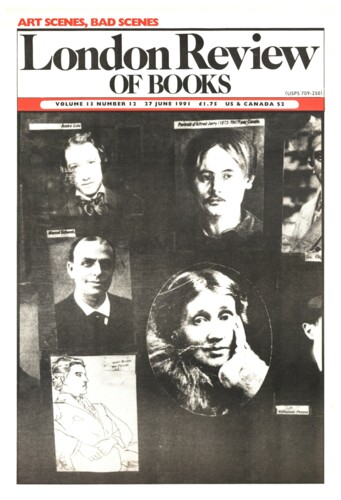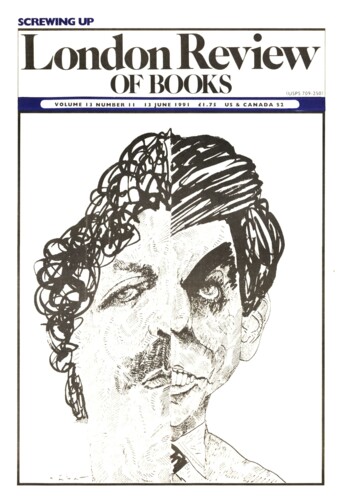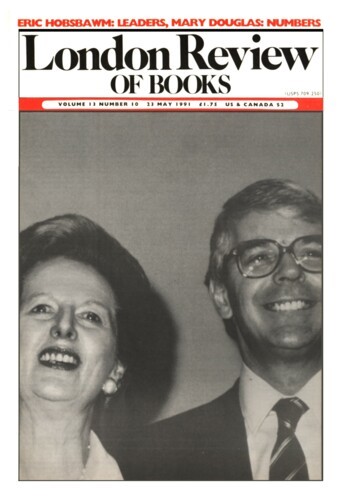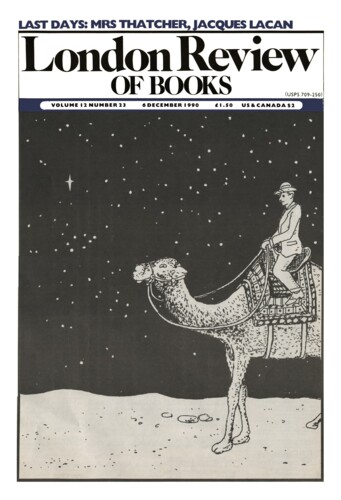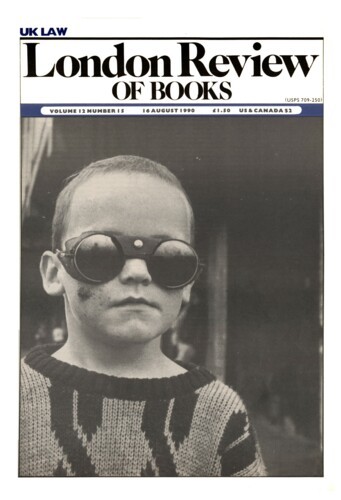Radio Fun
Philip Purser, 27 June 1991
Of all the innovations of the 20th century, none has so completely penetrated and combined with everyday life as broadcasting. It would be difficult to find many people born in Britain in the past forty years who did not grow up to Muffin the Mule or Thunderbirds or Dr Who, and for whom the television set has been other than a natural adjunct to existence ever since. It would be equally hard to find natives of fifty-plus whose upbringing was not coloured by Dick Barton, Band Waggon or Monday Night at Seven (later, Eight) on the wireless. When other wells of nostalgia dry up, we bore each other with jokes and catchphrases and signature tunes that have stuck with us. We annotate our lives by reference to fragments seen or heard over the air. If I write ‘the day war broke out’, many will instinctively hear the phrase in the baffled tones of the comedian Robb Wilton who began a famous monologue with it. If I try to recall the actual day war broke out, on 3 September 1939, I can calculate that I was just 14, and remember that about that time, give or take a week, I had a stiff neck from diving into Hoylake Baths with my head on one side: but I can only tell exactly where I was (outside the police station), and what I was doing (listening with a few others to the car radio of a parked car), during the minutes when Chamberlain was speaking on the wireless that Sunday morning.
